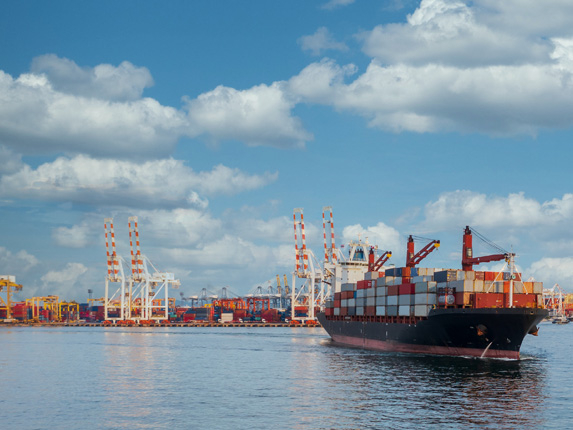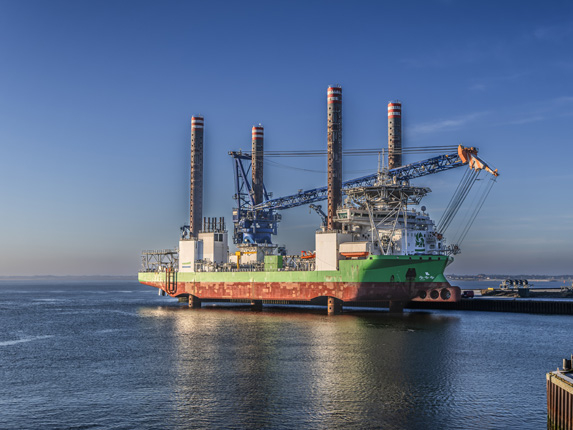
Marine Industry - Environmental Impact
According to the International Maritime Organization (IMO), the maritime industry is a significant contributor to global carbon emissions. The shipping sector alone is responsible for 2-3% of the world's total carbon emissions. The sector's substantial contribution to the global carbon footprint has underscored the urgency for a closer examination of sustainable practices and innovative solutions to address these issues.
- The maritime industry signicantly contributes to global carbon emissions.
- Logistics operations emerge as a major source of emissions within the maritime sector.
- Marine logistics software emerges as a transformative solution, optimizing operations, reducing fleet size, and ultimately curbing emissions.
IMO set ambitious targets to reduce the industry's total annual greenhouse gas emissions by at least 50% by 2050, compared to 2008 levels. The baseline year of 2008 was chosen as it represents a benchmark for measuring emission reductions.
Industry Insights
Insights drawn from industry observations provide a nuanced perspective:
- Despite its potential, the adoption of marine logistics software remains limited.
- There is a belief that the implementation of digital solutions necessitates substantial investments in both technology and infrastructure.
- Beyond emissions reduction, the benefits of marine logistics software extend to improved efficiency, safety, and profitability.


The Marlin Application Suite Paving the Way Forward for FOWT Logistics
As FOWT operations significantly increase, inevitably impacting the environment, Sercel Concept's Marlin Application Suite offers key benefits for improving environmental performance, ensuring compliance with regulations, and achieving cost savings.
Experience 40% faster performance with 30% fewer resources with the Marlin Application Suite.
Our solution offers a range of strategies to help you
achieve these goals.

